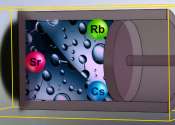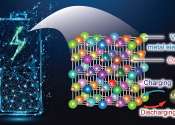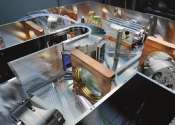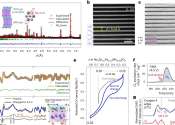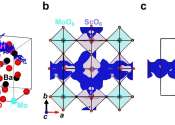Light, flexible, efficient: Perovskite-based tandem solar cells
Roof tiles are becoming a thing of the past: Today, more and more Swiss roofs boast large black and blue rectangles that convert sunlight into electricity. The blueish color comes from silicon crystals, as the majority of ...
May 2, 2024
0
1


